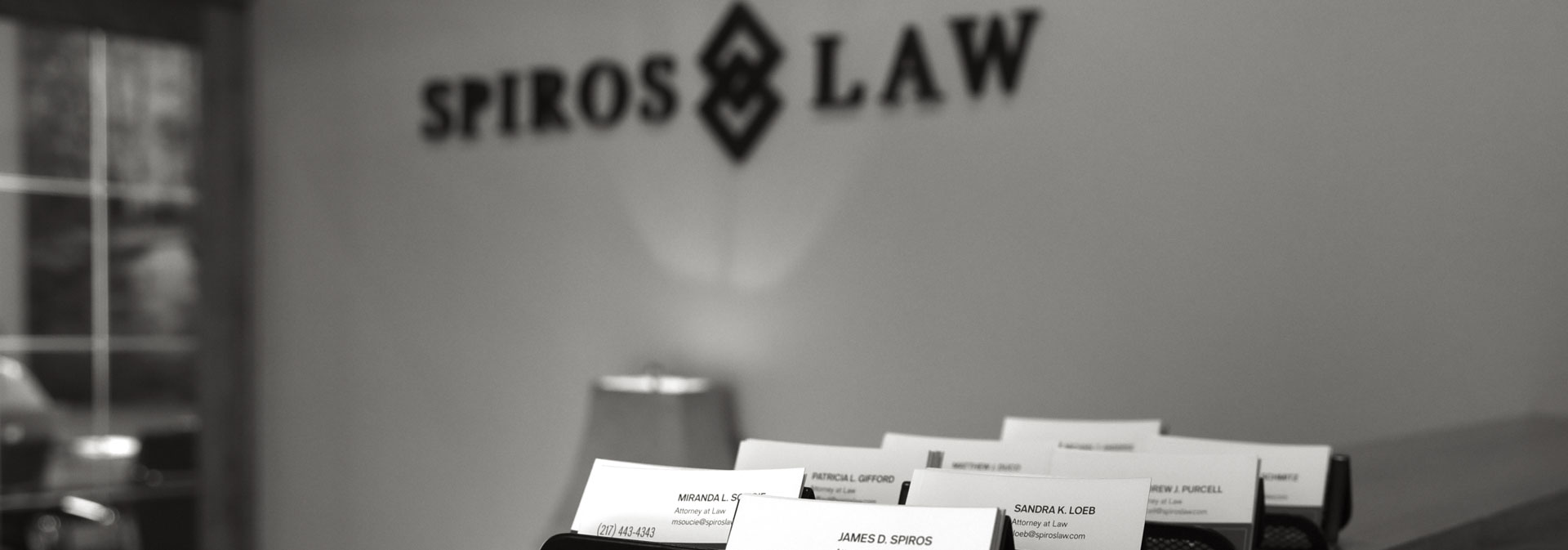 An unexpected accident can cause an injury that disrupts your usual routine. You must take time off from your job to attend doctor’s appointments and recover at home. The consequences of healing after an accident can be far-reaching and affect your entire life.
An unexpected accident can cause an injury that disrupts your usual routine. You must take time off from your job to attend doctor’s appointments and recover at home. The consequences of healing after an accident can be far-reaching and affect your entire life.
Medical expenses can lead to financial strain. Many people can’t afford their bills after a car crash, slip and fall, or injury from a defective drug. You should not be responsible for your incurred costs if someone else is at fault for the incident. They should be liable and provide the compensation you deserve.
Pursuing a case against the negligent party can get the money owed to you. However, you must provide evidence to show someone else caused your injury. Medical records are one of the most valuable types of evidence in a personal injury case. You should attend all necessary doctor’s appointments.
Seeking treatment for your injury isn’t enough to prove your case. You must discuss essential details about your injury with your doctor. If you withhold information or forget to mention a symptom, the doctor’s notes about your injury in their records could indicate a less serious injury than you have.
Below are five helpful tips for talking to your doctor after sustaining injuries in an accident.
Discuss the Accident in Detail
All your medical providers must know how the injury happened. Inform them of every detail you remember about the incident. For example, if you were in a car accident, let your doctor know if you hit your head on the dashboard. Tell them whether you suffered trauma to multiple parts of your body.
Discussing every aspect of the incident is crucial, especially if your injuries aren’t visible. Your doctors should have all the necessary information to evaluate and diagnose you properly. Leaving out something that seems trivial can lead to a misdiagnosis.
Provide Your Medical History
You might have an underlying medical condition or sustained an injury in another accident before this one. Tell your doctor about problems you had in the past, even if it seems unnecessary. A thorough explanation of previous and current injuries and illnesses can help your physician determine if any of them are related to the accident.
Medical providers must also know a patient’s medical history to watch for potential risks. For example, diabetes can come with a higher chance of infection. Knowing this information ensures your medical team creates an effective treatment plan and prevents complications.
Discuss the Injury’s Impact on Your Job
 Some injuries prevent people from performing work-related tasks. You might have mental or physical limitations that keep you from your job or require transferring to a different position. You should tell your doctor if you can’t work after the accident.
Some injuries prevent people from performing work-related tasks. You might have mental or physical limitations that keep you from your job or require transferring to a different position. You should tell your doctor if you can’t work after the accident.
Your medical provider can provide a written statement about the effects of your injury on your physical and mental functioning. The statement and a copy of your job description can prove your inability to do your job and earn the income you need to support yourself.
Describe Every Symptom
Discuss each symptom you have had since the incident. Inform your medical provider of the severity of each symptom and whether you notice any worsening while performing basic movements, such as walking.
You can prepare for your initial appointment by writing down everything. Explain the type of feeling your injury causes. For example, you might experience dizziness and headaches after hitting your head during a fall. Take note of whether the pain is dull, throbbing, or aching. Discuss activities that increase the severity of the pain or times of day when symptoms seem worse.
Inquire About the Recommended Treatment
Your doctor will likely recommend treatment to manage your symptoms and help you recover from your injury. You should ask about specialists you should see or imaging tests you should undergo. Discuss how often you should attend your appointments and the necessary duration of treatment. Creating your own treatment plan or skipping appointments can hinder your progress and negatively affect your case.
Contact an Experienced Personal Injury Attorney Today
Spiros Law, P.C. has represented clients in central Illinois since 2005. We provide quality legal services to people who have been harmed by the wrongdoing of others. You deserve a chance to hold the at-fault party liable for your injury and pursue the maximum possible compensation.
If you were injured in an accident that was someone else’s fault, call our Kankakee personal injury lawyers at (815) 929-9292 for your free consultation.


